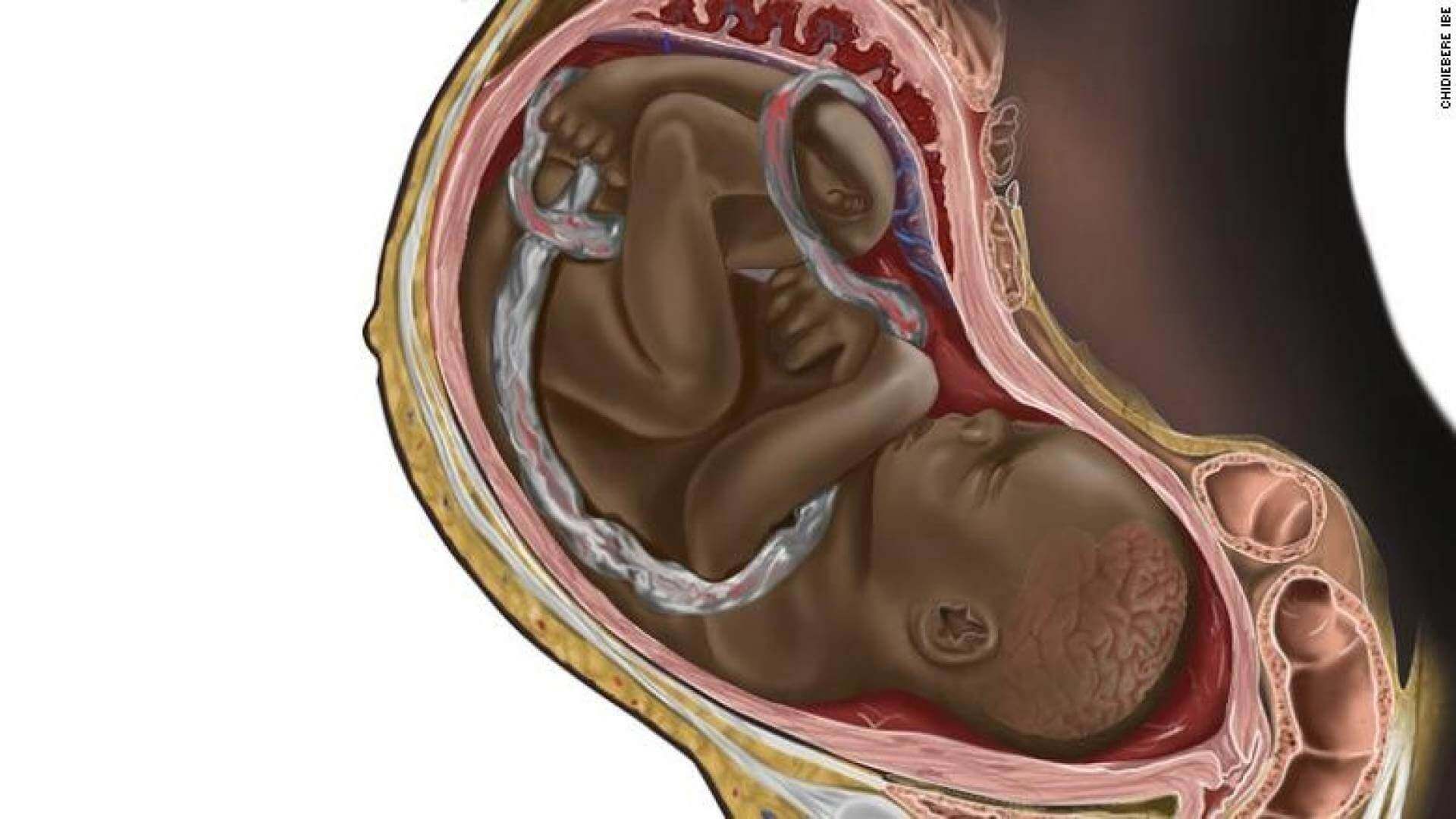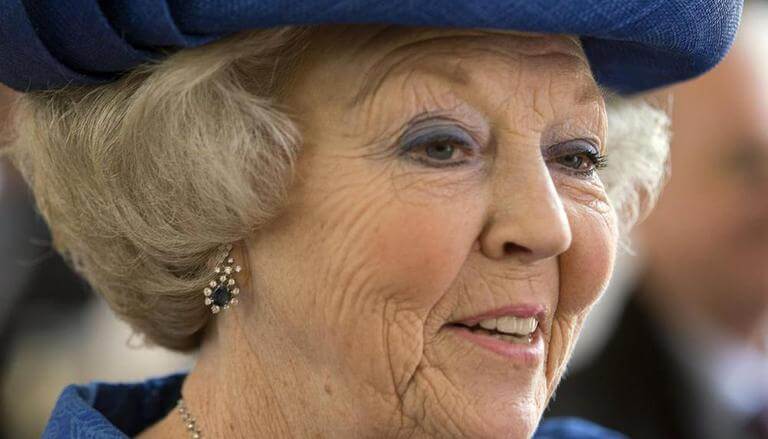In early December, 25-year-old Nigerian medical illustrator and student Chidiebere Ibe unsuspectingly posted a drawing he had made online. It was a black-skinned fetus. The illustration caused a lot of stir on Twitter: people wrote that they had never seen an image of a fetus with a black skin before.
Now Ibe has been invited to make more of these illustrations in a medical textbook. Because, according to the author of that book, that attention on Twitter stands for something bigger: whoever opens a medical textbook now mainly sees images of bodies with a white skin color.
Ibe’s work, according to the book’s co-author, exposes biases in the medical world that we may not have been aware of at first glance. He writes this in an e-mail to Ibe, reports the American news channel CNN .

The freshman medical student from Nigeria was amazed at the comments that came to him via Twitter when he posted the illustration online. “I just stood up for what I believe in, advocating for equality in health through medical illustrations,” he said in an interview with NBC News .
A 2018 US study found that 4.5 percent of images in medical textbooks show black skin tones, compared to 74.5 percent with white skin.
The study warns that this could lead to medical treatment bias. For example, it can happen that someone with a black skin is misdiagnosed, because good images are missing.
Second edition
Attention to Ibe’s illustration was also picked up by Malone Mukwende, a medical student in London and co-author of the book Mind the Gap: A clinical handbook of signs and symptoms in Black and Brown Skin .
That book shows conditions that occur on black skin. The idea for the book also arose from the observation that few illustrations of conditions on a black skin could be seen in the medical world.
Mukwende has now invited Ibe to make illustrations for the second edition of the book. “His work is refreshing because it shows that there is a future where books are more representative. Better representation in healthcare is imperative.”NOS reported.














